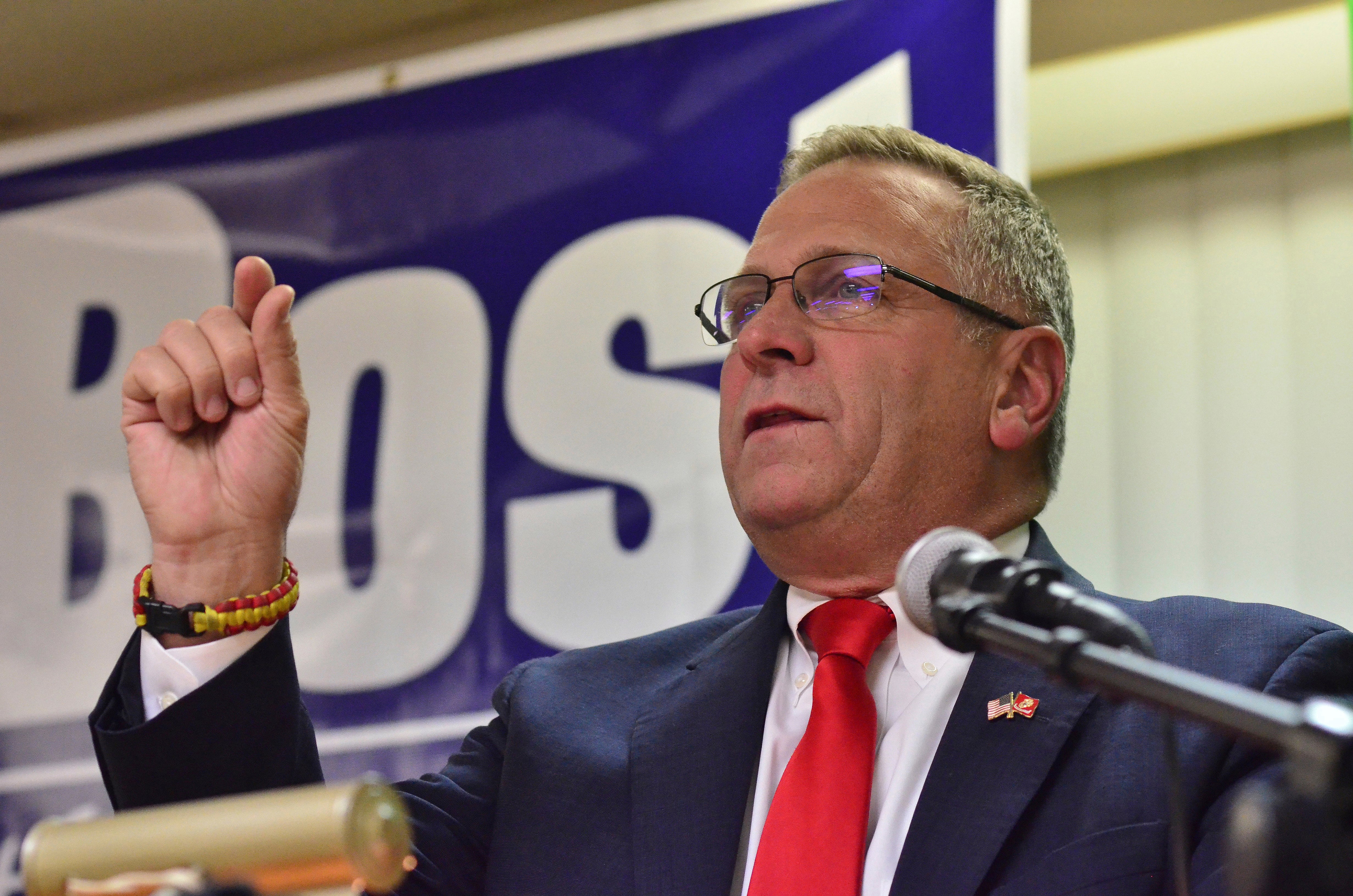When elected officials gather on Capitol Hill to formally convene the 117th Congress on Jan. 3, they’ll do so with 91 veterans among their ranks, the lowest total since at least World War II.
The number of veterans in Congress has declined almost steadily since the mid-1970s, as the military shifted from an end strength of largely drafted individuals to an all-volunteer force. In 1973, nearly three in every four members of Congress had some type of military service. In 2021, it’ll be about one in every six members who have military experience.
That’s the lowest since at least the start of World War II. Information on congressional members with veteran experience before then is incomplete, making comparisons difficult.
However, the number could grow in coming years. Of the 79 lawmakers elected to the 117th Congress who are aged 45 or younger, 21 (about 27 percent) served in the military.
RELATED

But for now, the shrinking cohort of veterans elected to the House and Senate this session will be charged with sharing their knowledge of Defense Department operations and Veterans Affairs procedures with colleagues who lack direct personal experience on the topics.
Here’s a look at the group, by the numbers:
• 91 total veterans in the 117th Congress.
• 17 will serve in the Senate, 74 will serve in the House.
• 28 are Democrats, 63 are Republicans.
• 13 served in the military in the 1960s or earlier.
• 50 served in the military after 2000.
• More than half (49) had overseas combat deployments.
• 15 are first-time lawmakers.
• 6 are women, a decrease of 1 from last Congress
• 44 served in the Army, Army Reserve or Army National Guard.
• 15 served in the Air Force, Air Force Reserve or Air National Guard.
• 15 served in the Marine Corps or Marine Corps Reserve.
• 17 served in the Navy or Naval Reserve.
• None served in the Coast Guard.
• Texas has the most veterans in their state delegation, with nine.
• 12 states have no veterans in their state delegations (Idaho, Missouri, Minnesota, Montana, New Hampshire, New Mexico, North Dakota, South Dakota, Vermont, Washington, West Virginia, Wyoming)
Below is the full list of veterans elected to Congress last fall or returning to incumbent Senate seats that were not up for re-election this cycle:
Leo covers Congress, Veterans Affairs and the White House for Military Times. He has covered Washington, D.C. since 2004, focusing on military personnel and veterans policies. His work has earned numerous honors, including a 2009 Polk award, a 2010 National Headliner Award, the IAVA Leadership in Journalism award and the VFW News Media award.




